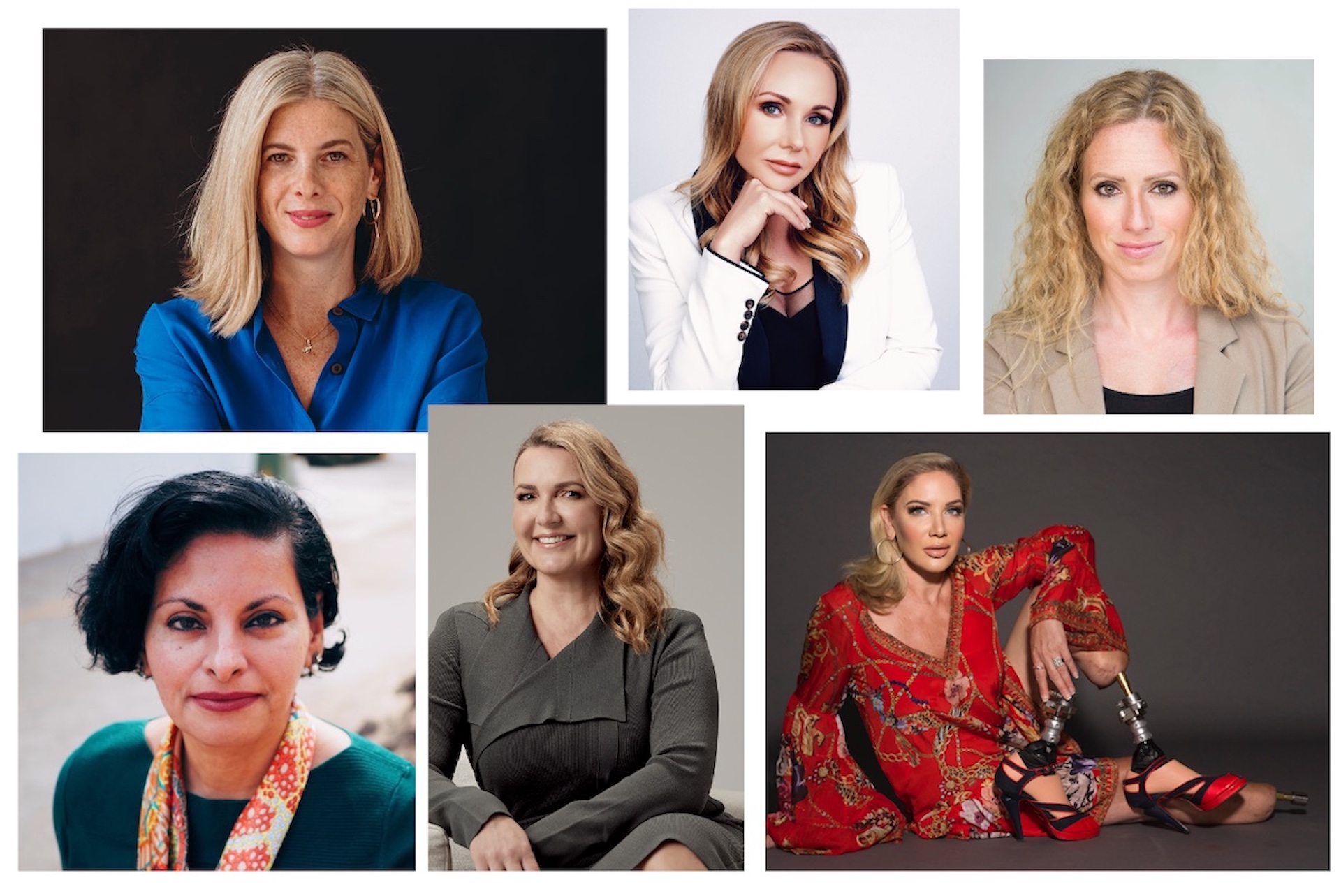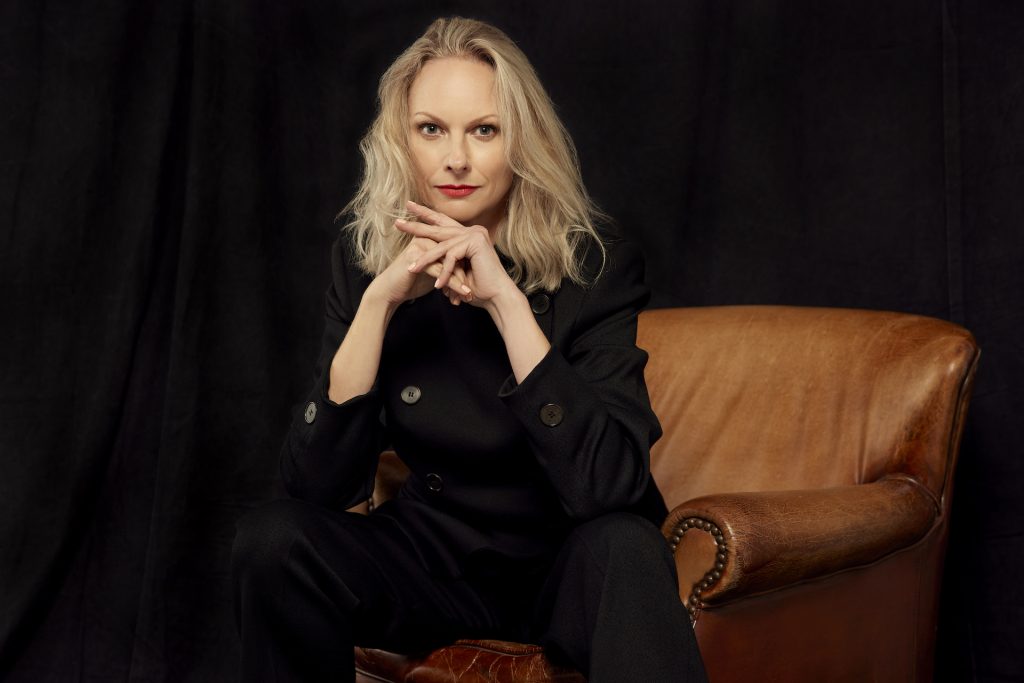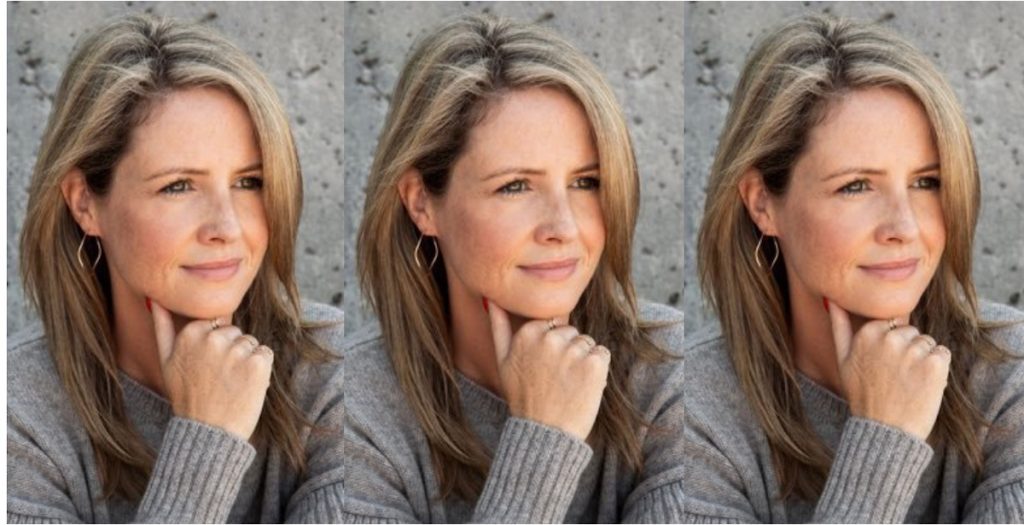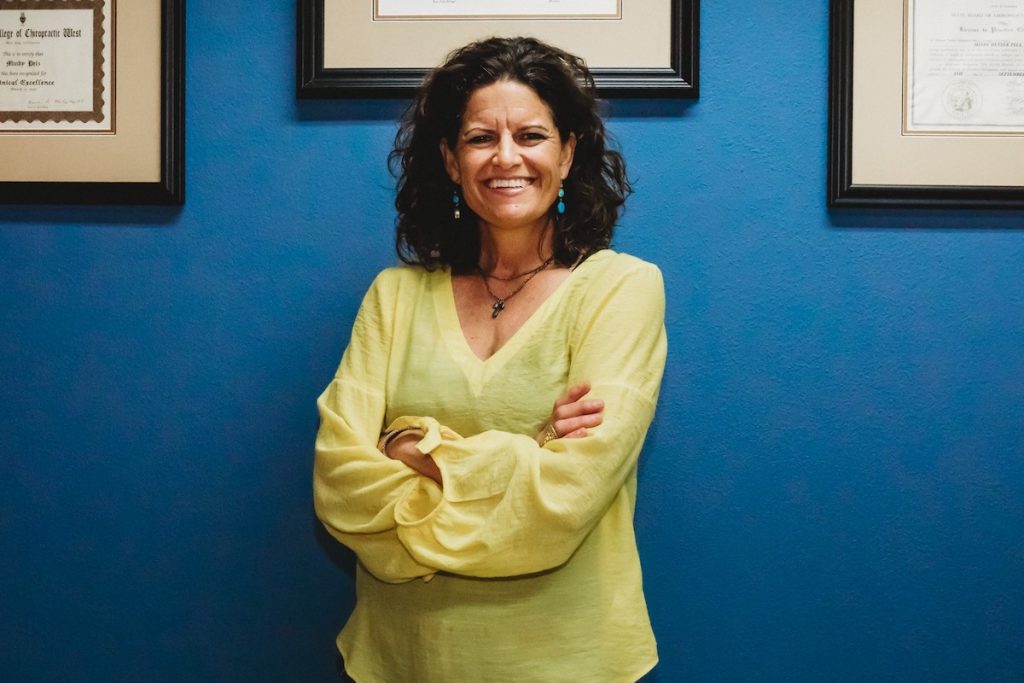L-R (clockwise): Stephanie von Behr, Lisa Sanders-Nakahara, Victoria Pelletier, Stephenie Rodriguez, Dr Kim Granland and Dr Talat Uppal.
It’s an interesting question to ponder… Our brains have been wired to believe a change of mind is a negative: a sign of weakness; being indecisive; lacking in character. Some believe it’s because the decision to change your mind is not like any other, belonging instead to a special category called “meta-cognition”, where the brain is essentially “thinking about thinking” – that is, thinking about itself (insert mind-blown emoji here).
However, countless studies are proving it’s actually a good thing. Researchers from the Queensland Brain Institute at the University of Queensland have discovered that changes of mind tend to be good for behaviour – if you have time to deliberate, you tend to end up making a better choice. What’s more, it allows you to have fresh perspectives and creative insights, and shows you how to be flexible and open to ideas. When it comes to changing your mind, you shouldn’t think twice. Just ask these six women leaders…
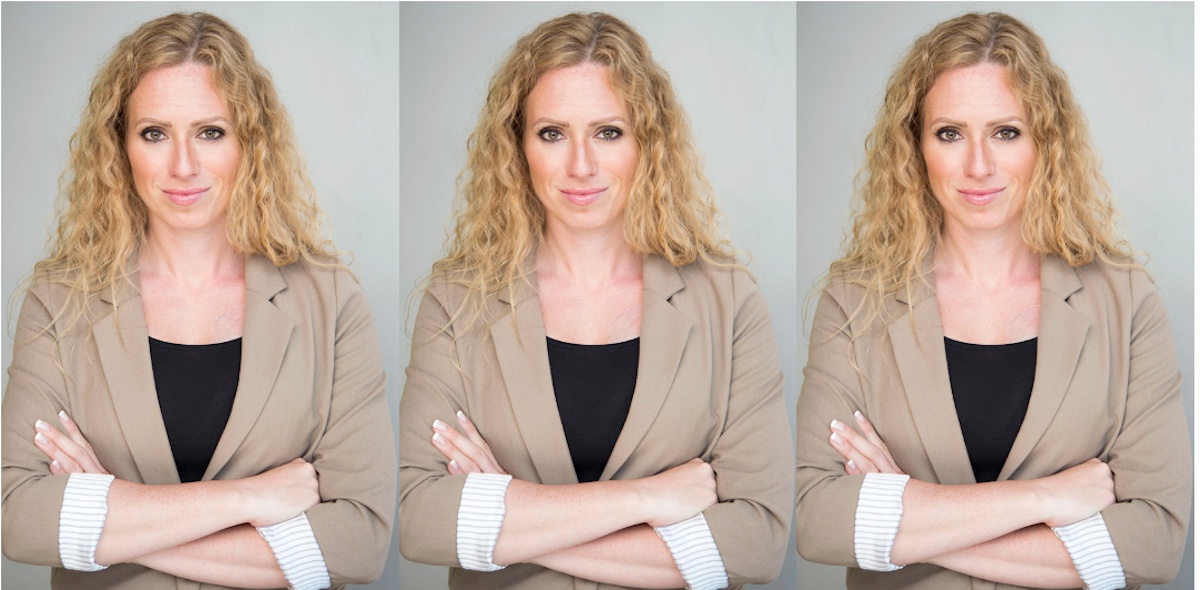
Victoria Pelletier, Managing Director, Accenture
“Changing our mind, or deciding to make a pivot, is something we should all feel confident in doing. We evolve and change, and taking action to change takes maturity and confidence; unless we’re doing it out of fear. I have made many pivots in my career, including making the decision to turn away from extremely well-paying roles that weren’t aligned with the kind of work that brings me more joy, on a consistent basis. Making this choice is contrary to what many have advised me to do, as it offers greater financial freedom. But the choice to wake up each week looking forward to the actual work, and impact I’ll have, means more than the money alone.”
For exclusive content, sign up to The Suite – it’s the magazine-style newsletter for women leaders.
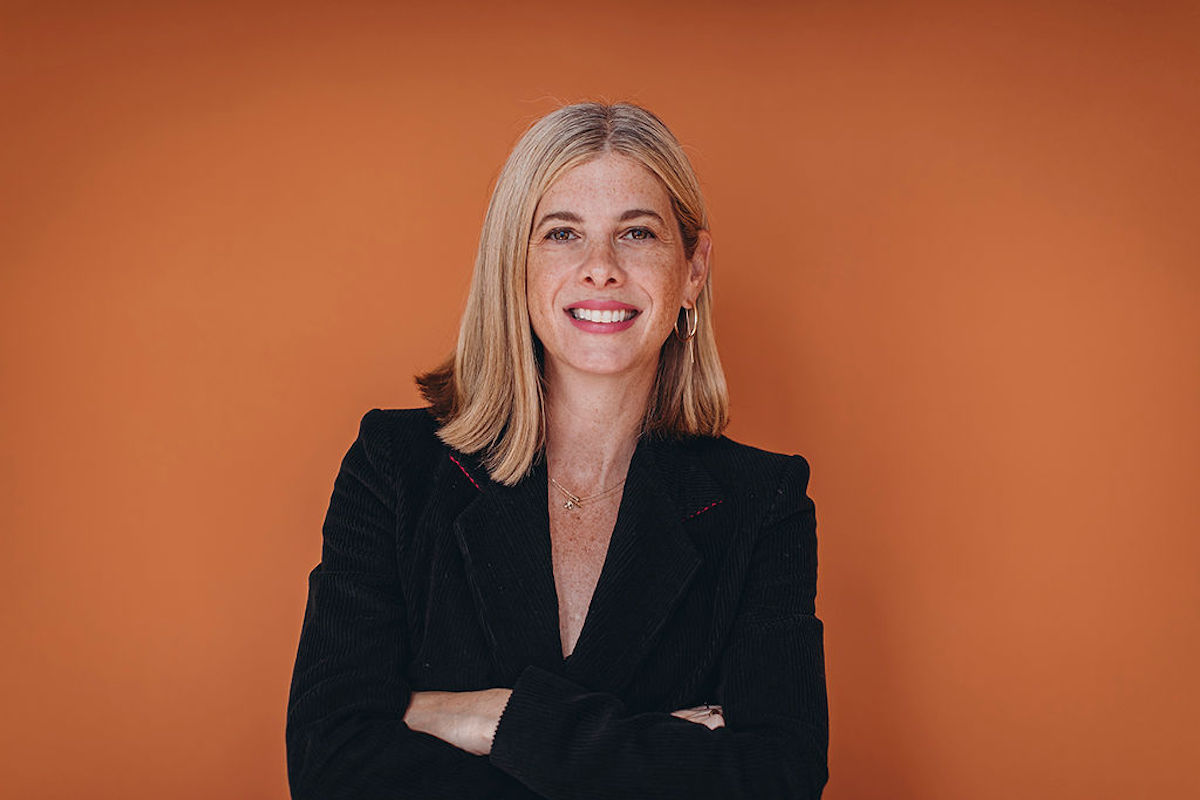
Stephanie von Behr, Co-Founder & Managing Director, Founderland
“I am someone who often has strong opinions, but I’m also open-minded enough to consider other people’s perspectives. However, I’ve recently realised that this approach doesn’t always align with my values, especially when I am confronted with someone who challenges my value system. Therefore, I have recently changed my mind on this and have made a conscious effort to cultivate more curiosity and ask more questions. This allows me to embrace ambiguity and opposition with greater ease, while trusting my intuition.”
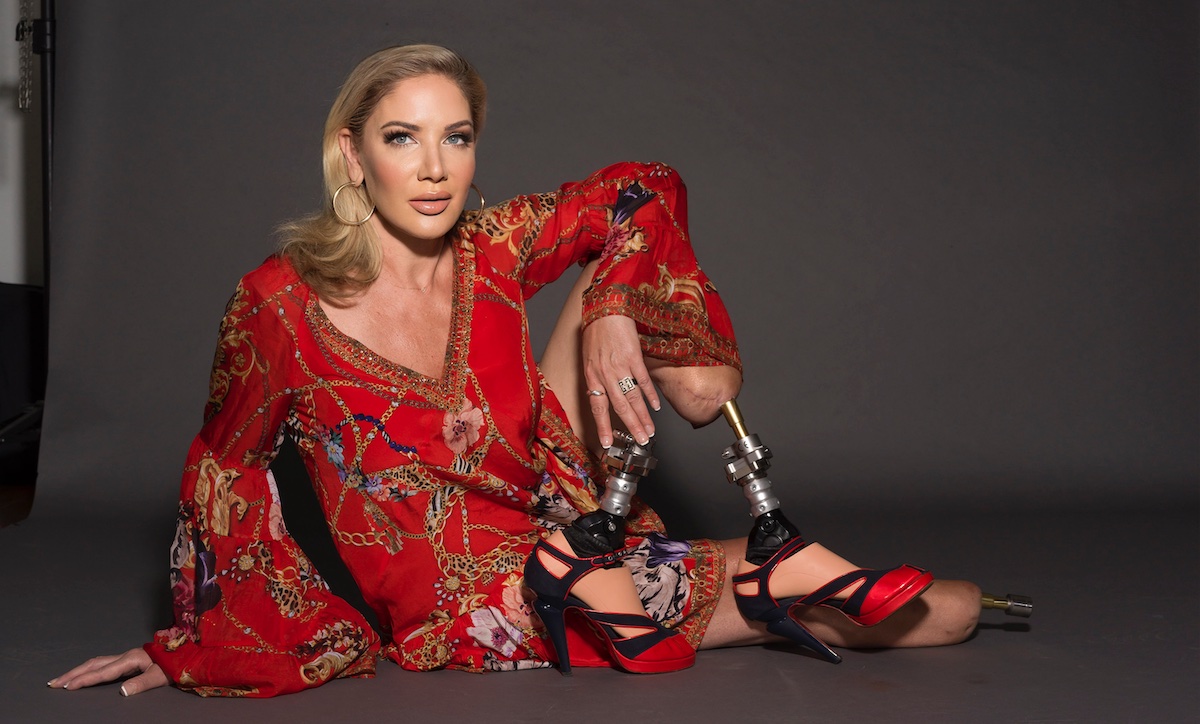
Stephenie Rodriguez, Founder, JOZU For Women
“I recently changed my mind about how I saw myself. I never believed that I could be athletic. It was not encouraged as a child with my strict upbringing. Girls were not supposed to be physically strong. Through my recovery from Cerebral Malaria and Sepsis, I have had to recalibrate my thinking and prioritise my physical well-being, as much as my intellectual and mental fortitude. Para-fencing found me, and the sport is an elegant game of strategy and interaction. No fencer is good alone. Becoming Australia’s first female para-fencer in the 2024 Paralympics in Paris is now a meaningful goal and I appreciate the discipline it takes to master a sport, especially later in life.”

Lisa Sanders-Nakahara, Head of Global Operations & People/VP, Calyptia
“I always believed I was a terrible writer, but I recently changed my mind about that. Now, I believe I’m an ‘okay’ writer. The first step was for me to admit that I actually suck at writing! Then I started to focus on writing in bulk. I wrote as often as I could without considering external factors such as audience, followers, likes and comments. Once I acknowledged my writing sucks, I freed myself from expectations, and that was critical in learning how to improve. My number one job was to put words on the page, let go of the perception of perfection, and forget what other people thought. My early writing served as a vessel for experimentation — trial and error. I focused less on the results and more on the process. Writing does require effort and willpower; the outcome only emerges through the journey. I recently wrote an article that got picked up by an online publication and will be published in March. So, I guess I am not a horrible writer anymore.”
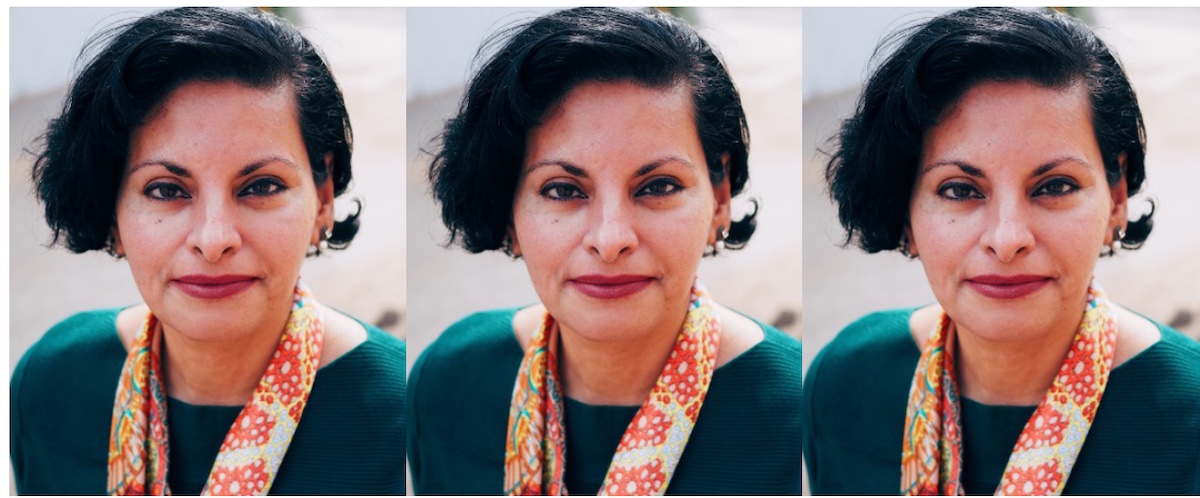
Dr Talat Uppal, Director, Women’s Health Road
“Embrace mid-life, and value it as an amazing powerful phase when there is a build-up of authentic confidence in who you are, with nothing to prove. My own lived experience, turning 50 recently, is that I have a ‘my time is now’ philosophy, which essentially makes me appreciate every day and value the little things. My niche as a gynaecologist is the management of abnormal menstrual bleeding, especially around peri-menopause. In addition to sorting out the health needs during consults, I encourage women every day to practice kindness to themselves and focus on living their best quality of life. Ageing is only going to make us better versions of ourselves. Celebrate it!”
For exclusive content, sign up to The Suite – it’s the magazine-style newsletter for women leaders.
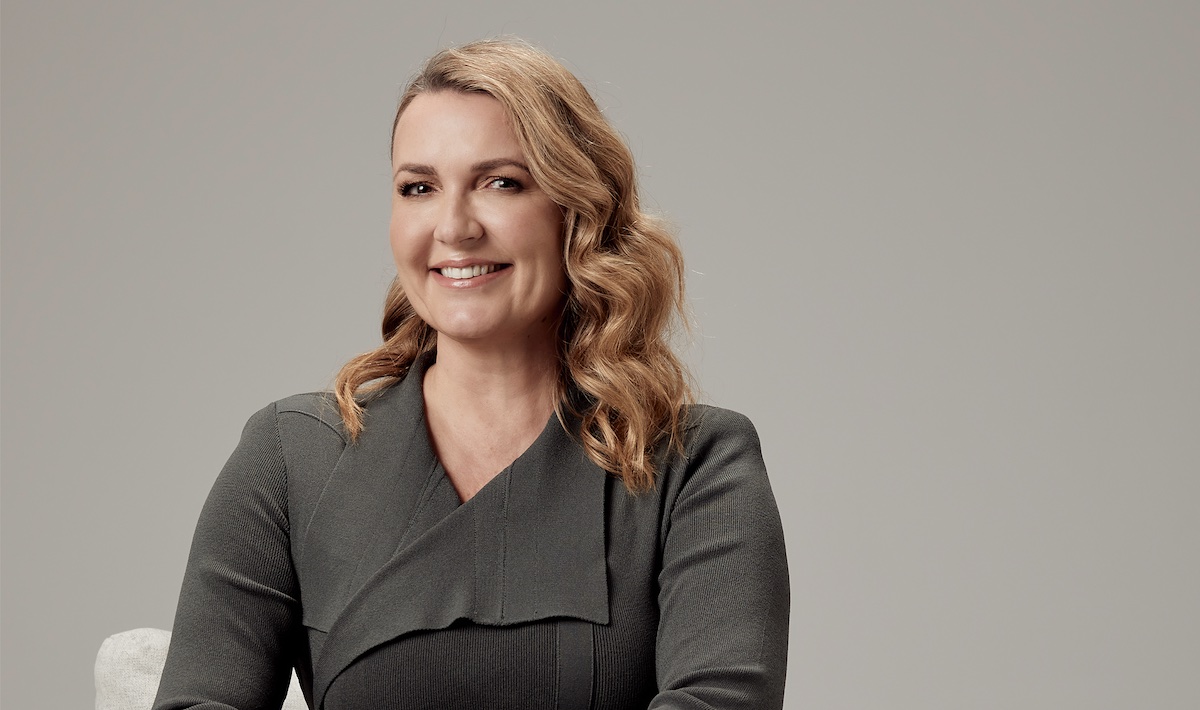
Dr Kim Granland, Peak Performance Psychologist
“There was once a time, in my youth, when all I ever wanted was to be right, debate a point, change other people’s minds and find the truth. Now the idea of being wrong and the concept of changing my mind fills me with excitement. I learned that being able to change my thoughts or my beliefs is a sign of both cognitive flexibility and strength. So now I have fundamentally changed my mind about how I am able to shift my mindset.
“This skill did not happen overnight. It was a slow, painstaking journey of self-reflection and learning that my thoughts are not facts but, in fact, are just thoughts, which can be reframed. I explain to my clients that the ability to reframe my thoughts is my secret superpower, but it’s truly a skill which I can teach to anyone. However, although it takes a minute to learn to reframe your thoughts, it takes a lifetime to master.
“One of the greatest books that has shifted my beliefs is Think Again by Adam Grant. I have to say, I was blown away by all the research behind the scientific thinking process which incorporates humility, doubt, curiosity and discovery. Understanding and embracing this process of rethinking has helped me to shift my mindset about many aspects of my personal and professional life, from growing older, to getting a divorce, to restarting a new career in my early 30s and embracing being a mature-age student doing my Doctorate in Clinical Psychology at age 40. More recently, I am creating and building a new company after turning 50. I am in the business of empowering others to change their mindsets and I couldn’t imagine doing anything else. Then again, one day I might change my mind. I hope I do.”
Like what you’ve just read? We think you’ll love THIS…

